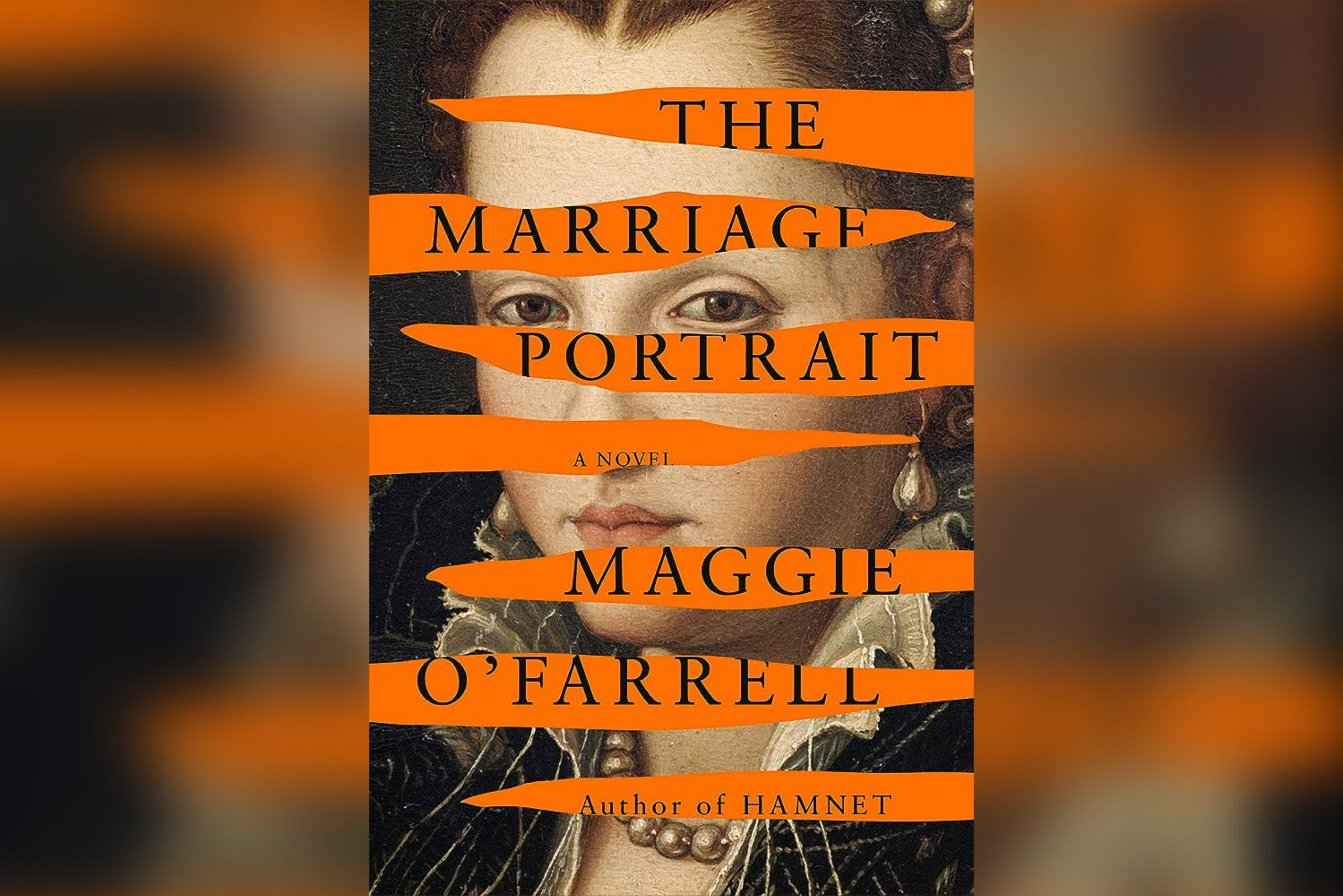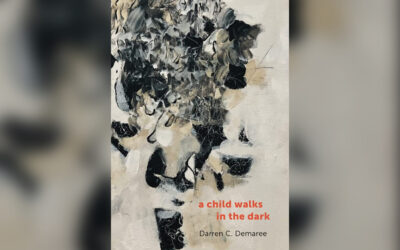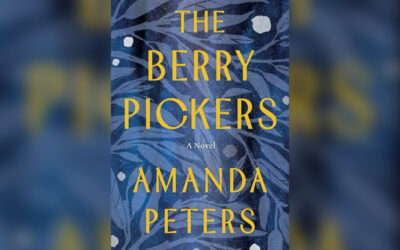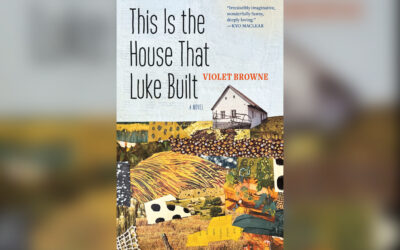Literature
Review: The Marriage Portrait by Maggie O’Farrell
Since the publication of her award-winning 2020 novel Hamnet, Northern Irish author Maggie O’Farrell’s next book has been eagerly awaited. The Marriage Portrait came out in August, was an instant New York Times bestseller, and was recently shortlisted for the 2023 Women’s Prize in fiction. However, I came away from The Marriage Portrait deeply dissatisfied. It is a beautifully written book, but many of the choices end up dramatically undercutting its own story and themes.
Review: R.F. Kuang’s Yellowface
June Hayward wants what Athena Liu has: a spectacular, high-flying career as an author. Despite both women coming out of Yale and releasing their debuts at about the same time, June is bitterly aware of her relative obscurity. Athena dies in a sudden accident, leaving behind her manuscript of her next novel about Chinese workers who were exploited and maltreated during the British war effort in World War One. Even in its draft form, unseen by anybody else, it is a brilliant work. June takes Athena’s manuscript and reworks some of it before presenting it as her own, published under the name “Juniper Song.” Song is a legal middle name provided by her whimsical mother. If it conveniently also suggests a Chinese background that June doesn’t have, so be it. Athena’s wild level of success is suddenly in June’s hands. As Yellowface unfolds, June proves the extent to which she is willing to lie, threaten, and bully her way into holding onto that success.
Review: Darren C. Demaree’s a child walks in the dark
The dedication to Darren C. Demaree’s latest poetry collection, a child walks in the dark, reads simply, “For my family – ” and family, particularly fatherhood, is woven into every single poem in the book. Each work is a retelling of something Demaree’s speaker tells his children, whether his daughter, his son, or both at the same time. It would be easy to resort to vague lessons or aphorisms, but the speaker brings a moving vulnerability to every message, and turns those fragments of parenthood over to the reader.
Review: The Berry Pickers by Amanda Peters
In the blueberry fields of Maine in 1962, a four-year-old Mi’kmaq girl named Ruthie goes missing. Her family, who annually travels from Nova Scotia to Maine to harvest the berries, searches frantically for her, but no trace is found. Ruthie’s older brother Joe was the last to see her and is deeply affected for the rest of his life by her disappearance. As an adult man now suffering from terminal disease, Joe narrates much of the novel and describes how the family survives in the absence of Ruthie.
Review: This is the House that Luke Built by Violet Browne
This Is the House That Luke Built begins with Rose stepping through a wall of the house that her husband Luke was working on. He has died at sea, but through the house, Rose can temporarily see him again. Violet Browne draws on her own experience with loss and builds it into the foundations of Rose’s story as it unfolds. Despite the title and opening scene, much of the book is not about the titular house or Rose’s visits with Luke; rather, we stay close to Rose as she navigates the impact of the loss on herself and her three children, both in the immediate aftermath and over the years that follow.
Universal (Stories About) Medicine: the Banal and Modern in ‘Alī al-Tanūkhī’s Medical Anecdotes
Any definition of modernity is, by virtue of its subject, vertigo-inducing. A phenomenon that necessarily remakes the world in its image, modernity spawns a reality where everything that follows its advent is indicative of its presence. What makes defining modernity hard is that definitions are, naturally, compartmentalizations, and thus things to which modernity cannot lend itself: there’s modernity in your clothes, modernity in your food (I’m not just talking about microplastics), and there’s modernity on your bookshelf. Modernity is everywhere, and trying to catalog something that’s everywhere is an arduous, if not unthinkable, task.







